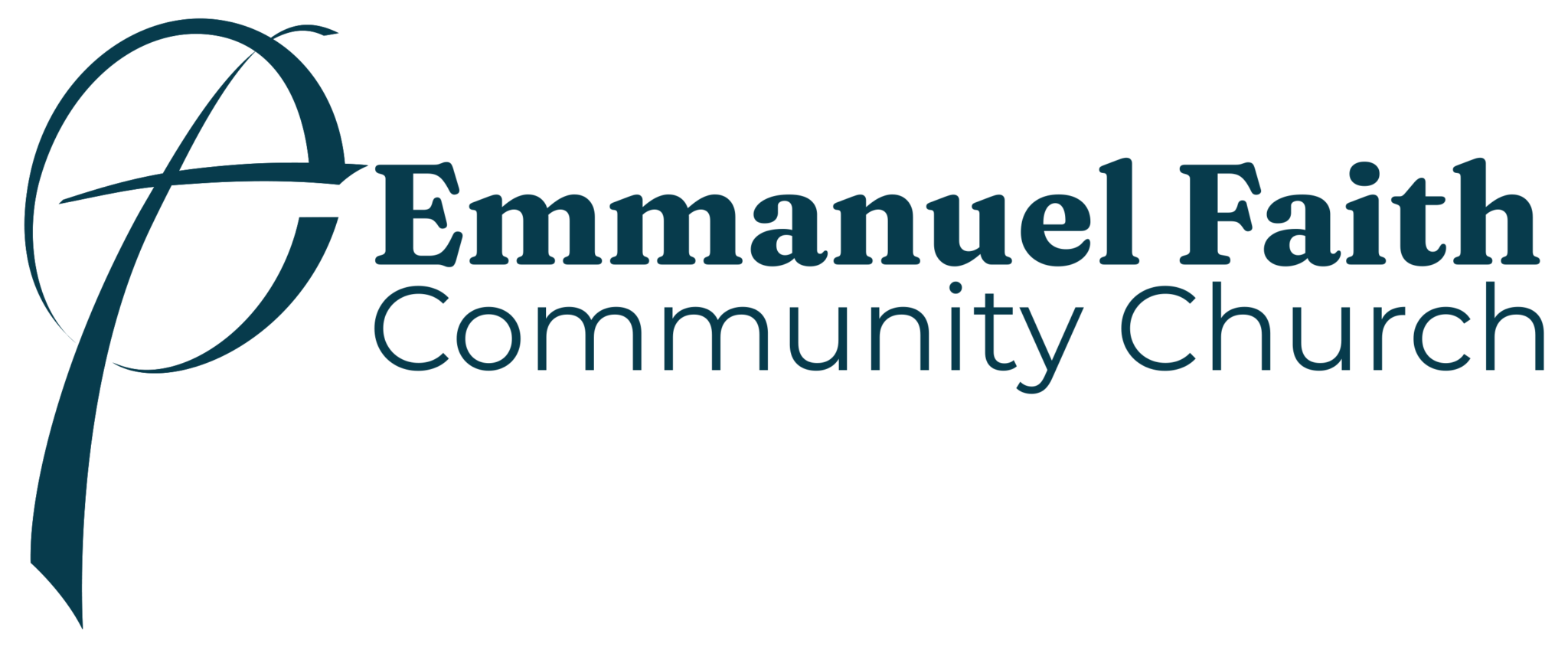So if you consider me a partner, welcome him as you would welcome me. If he has done you any wrong or owes you anything, charge it to me. Philemon 17-18
Arguably the greatest hip-hop song of all time came out in 1988. It was called “It Takes Two” by Rob Base and DJ EZ Rock. You probably have heard it before, the chorus line goes, “It takes two to make a thing go right. It takes two to make it outta sight.” While it will probably be stuck in your head the rest of the day, that little tagline holds an important lesson for us in the difference between forgiveness and reconciliation. One person can forgive, but it takes two to reconcile.
As Paul encourages Philemon to receive Onesimus back and to charge any wrongdoing to Paul’s account, it’s a reminder to us that reconciliation requires first forgiveness and then an openness to receive someone back into your life despite past hurts. With God’s help, forgiveness is possible no matter how great the wrong done to us. Not always easy, but my ability to forgive someone else does not depend on anyone else’s disposition or actions. Reconciliation goes one step further than forgiveness. In reconciliation, both parties must choose to do whatever is necessary to restore the relationship. This often requires mutual humility and submission and can be a long and difficult process. Yet with reconciliation, as Paul seems to understand and mention to Philemon, sometimes we are separated for a time so that we may be back together forever (v.15). Reconciliation can often lead to stronger relationships. Forgiveness is always a part of reconciliation, but reconciliation takes two to make it go right.
In this way, forgiveness can be seen as an inward process and reconciliation as an outward one. Forgiveness of another person does not depend on receiving an apology, it does not depend on another person acknowledging how they have hurt us. It is something we can practice independent of anyone or anything else. There is no sin or grievous harm done to us that is outside of forgiveness when forgiveness is empowered by God’s grace. Reconciliation however requires the second person (and sometimes a third or fourth who is a licensed professional!). Once we add more than ourselves to the process, it can become complicated. Sometimes in a broken relationship, there is a desire to reconcile and restore immediately. Other times, life, children, work, and other distractions can get in the way.
Sometimes reconciliation is not in the best interest of a relationship. Sometimes the hurt can be so deep, the harm done so grievous, or the relationship so toxic that forgiveness is the only thing possible to protect ourselves. Whenever possible, reconciliation is a beautiful thing. Reconciliation can make previously broken relationships come back even stronger and make life “outta sight.”
Seth Redden
HS Pastor

